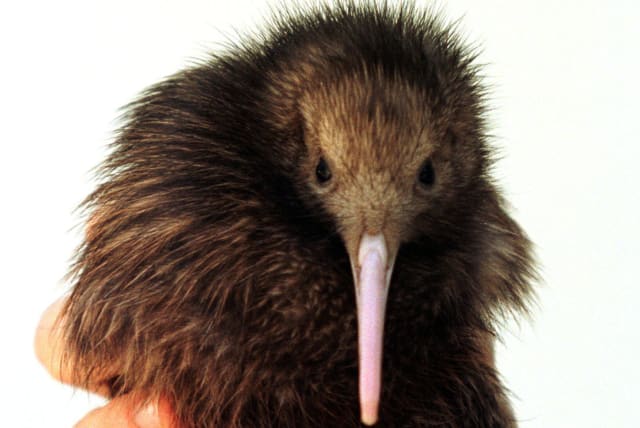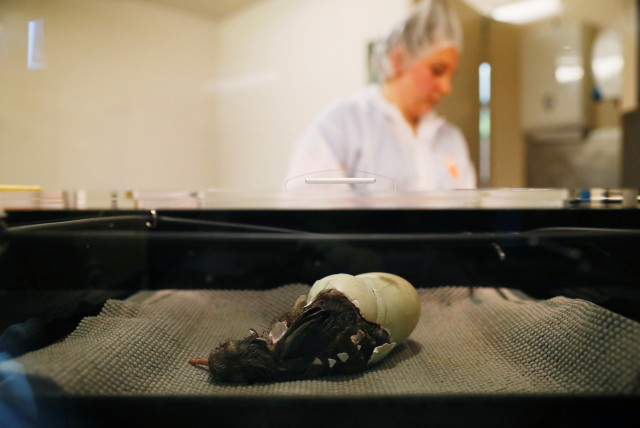Debates over kiwi dog toy raises animal conservation issues

Conservation groups complained a kiwi dog toy was inappropriate since dogs are the kiwi bird's most dangerous predator.
Mitre 10, a New Zealand hardware store, has pulled a kiwi bird dog toy from its shelves for being offensive to the country’s national bird.
The squeaky toy, depicting a kiwi bird wearing a Christmas hat, was on sale for $12.98. It has been removed from the website after social media complaints that the toy was inappropriate, given the threat dogs pose to wild kiwi populations.
Conservation groups expressed disdain overseeing a kiwi bird in a dog's mouth, their most deadly predator in the wild. This issue raised concerns over conservation issues in New Zealand.
According to the website Save the Kiwi, dogs are the number one reason why adult kiwis are killed in the wild. Since kiwis are flightless, they do not have a breastbone to protect their internal organs. This means that even just a gentle nudge from a dog has the potential to injure a kiwi fatally.
Save the Kiwi CEO Michelle Impey said the charity reached out to Mitre 10 after seeing commentary about the toys on social media. “The optics of a dog chewing a kiwi is just wrong," she said. "It reduces the mana (prestige) of the kiwi.”
Impey says, “While it was poor judgment of Mitre 10 to sell the toy, the hardware company had acted quickly to pull the dog toy from the shelves.”
Kiwi conservation efforts
Bay Bush Action confirmed that dogs are the biggest threat to kiwis, saying that they can kill an entire population of the hapless birds in no time.
According to its website, the wildlife protection group has been running a program for the Northland Region Corrections Facility to make 40 kiwi boxes made from 45 sheets of plywood to protect the birds from dogs in the wild.
Dogs are not the kiwi’s only danger, however. Deforestation and predators such as stoats, ferrets, cats, pigs, and possums have also caused a population decline of kiwis. It is estimated that 20 kiwi birds are killed by predators every week or about 1,100 per year, 95% of which die before reaching breeding age.
Although the national kiwi population has experienced an annual 2% decline, conservation efforts in some parts of New Zealand have seen a nearly 10% increase in them.
Earlier this month, wild kiwis were born near New Zealand's capital for the first time in more than 150 years. They were discovered by conservationists after the birds were reintroduced in a Wellington suburb. This event shows that kiwi conservation projects are actually promoting the population growth of this native bird, the pride of New Zealand.
Jerusalem Post Store
`; document.getElementById("linkPremium").innerHTML = cont; var divWithLink = document.getElementById("premium-link"); if (divWithLink !== null && divWithLink !== 'undefined') { divWithLink.style.border = "solid 1px #cb0f3e"; divWithLink.style.textAlign = "center"; divWithLink.style.marginBottom = "15px"; divWithLink.style.marginTop = "15px"; divWithLink.style.width = "100%"; divWithLink.style.backgroundColor = "#122952"; divWithLink.style.color = "#ffffff"; divWithLink.style.lineHeight = "1.5"; } } (function (v, i) { });

